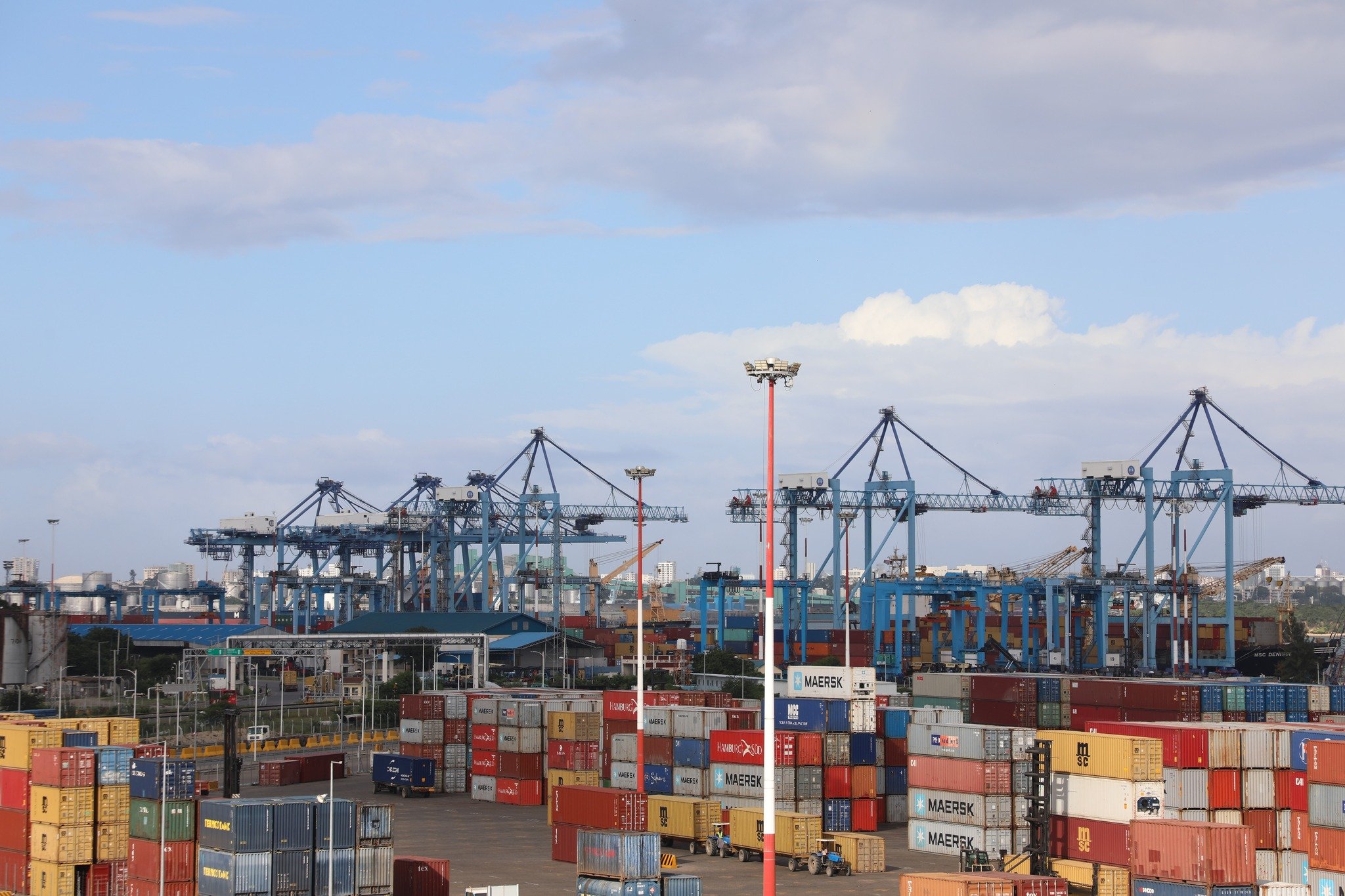The Kenya Ports Authority (KPA) has recently declared its intention to conduct a thorough review of the tariffs it imposes on importers utilizing its services sparking concerns among various stakeholders, as it suggests a potential rise in expenses for businesses engaged in international trade.
KPA cites multiple factors as the rationale behind this tariff revision, including inflation and fluctuations in exchange rates. It is imperative to assess the potential repercussions of this decision on importers and the broader economic landscape.
KPA’s reasoning for the tariff review revolves around its commitment to ensuring profitability, operational efficiency, and competitiveness in an ever-changing business environment.
According to the agency, the current tariff structure, implemented in December 2012, is no longer sufficient to meet their financial objectives, which encompass cost recovery and the maintenance of competitive port services. KPA argues that this review is crucial to achieve a return that aligns with the risks associated with managing and owning Kenya’s ports and inland facilities.
Read more: Cracking the code of real estate liquidity in Kenya
While their aim to secure financial sustainability is reasonable, it raises a critical question: who will shoulder the burden of this adjustment?
For importers who have been reliant on the existing tariff structure, an upward revision poses substantial challenges. Over the years, importers have already experienced changes such as reduced free storage periods and increased loading and discharging costs. While KPA’s goal is to reflect fluctuations in inflation, exchange rates, interest rates, and technology, it is vital to bear in mind that these costs will ultimately be passed on to importers.
International trade plays a pivotal role in economic growth and development, with importers facilitating the efficient and cost-effective delivery of goods to their intended destinations. An increase in tariffs could potentially result in higher costs for consumers, as businesses are likely to transfer the additional expenses to end-users.
KPA’s decision to engage a consultant to provide advice on the new tariffs is a commendable step towards ensuring transparency and fairness in the tariff revision process. The consultant’s role will encompass evaluating cost accounts related to infrastructure development and service delivery, encompassing both operating and non-operating activities.
However, this review should not be a unilateral endeavor but should involve extensive engagement with stakeholders to ensure that the final tariff structure is equitable and takes into consideration the interests of all parties involved.
The tariff review should not be an isolated event but should encompass the evolving dynamics of the logistics chain. Incorporating factors such as the Kenya Ferry de-gazettement, Standard Gauge Railway utilization, and investments in port and cargo handling infrastructure is essential for creating a holistic, forward-thinking tariff structure.
Additionally, KPA’s objective to diversify its revenue streams by introducing services like salvage tug, containment boom services, and contingency for fire safety is both forward-looking and economically prudent. These services can contribute to KPA’s long-term financial sustainability without necessarily burdening importers with high tariffs.
In a world where international trade serves as the lifeblood of economies, any adjustments to tariffs at a major port authority should undergo close scrutiny. While the Kenya Ports Authority’s intent to review its tariffs to maintain competitiveness and financial stability is valid, it is crucial to ensure that the burden is not disproportionately placed on importers.
Transparency, stakeholder involvement, and a comprehensive analysis of costs and benefits are essential for crafting a tariff structure that supports economic growth and facilitates international trade. Achieving this balance will be pivotal as KPA navigates the challenges of a dynamic global economy.
Email your news TIPS to editor@thesharpdaily.com
















